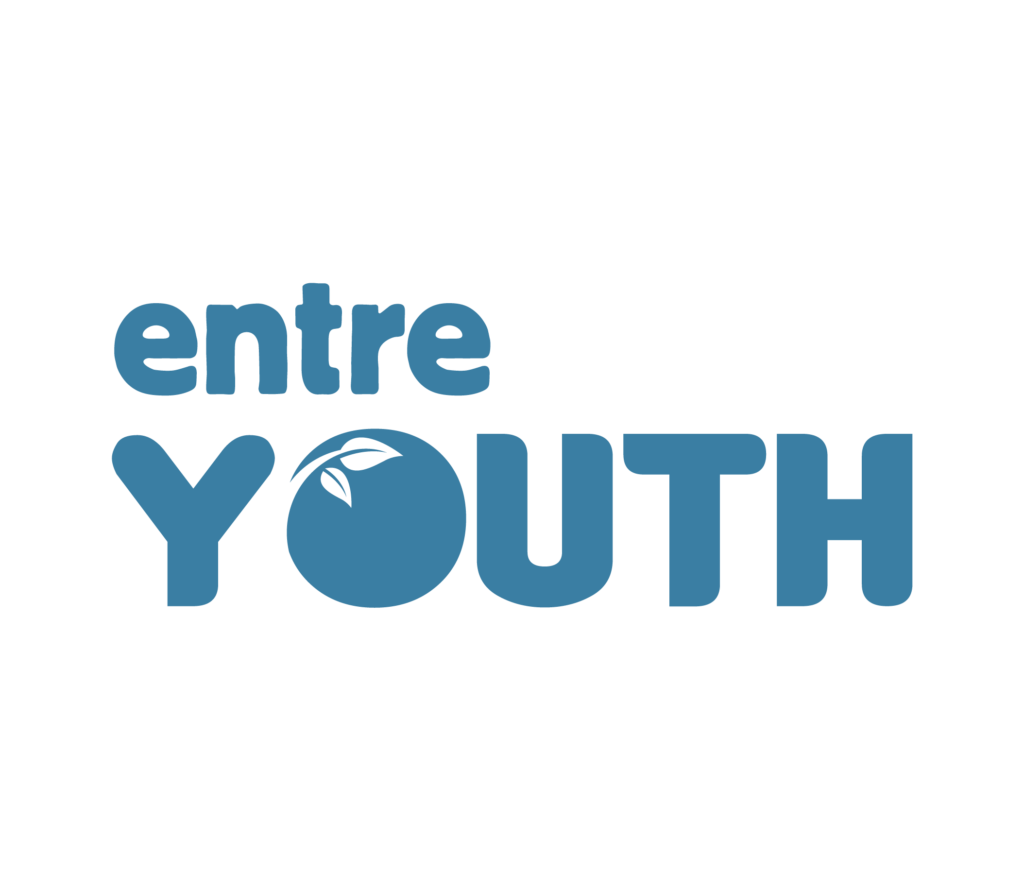Society is facing growing social and environmental problems. Globalisation is widening the inequality gap every day and the effects of climate change are becoming increasingly alarming.
In this context, our actions and decisions have consequences for the environment and for the society of today and tomorrow. This is particularly relevant in the context of food, where the current level of food waste has a significant negative impact. For this reason, sustainable development must be pursued.
Nevertheless, what is sustainable development?
Sustainable development is the development that meets the needs of the current generation without compromising the ability of future generations to meet their own needs.
In other words, growth must be achieved while respecting nature and people. It means that sustainability is achieved at the intersection of economic goals, social responsibility and environmental protection.

Key competencies for sustainable development
All these conditions require a creative and autonomous action, due to the complexity of the situation. People must learn how to understand the complex world in which they live. People must be able to work together and act for positive change.
Against this background, young people are increasingly required to develop certain sustainability competences in order to be able to face the challenges posed by the market.
Embedding sustainability in the learning process
These competences should be addressed in all levels of education. The most effective ways to introduce the concept of sustainability into the learning process are through active learning, critical thinking and reflection.
This learning methodology requires a questioning attitude in the classroom and students who are willing to develop their own interpretations rather than act on the beliefs and judgements of others. To achieve this, it is important for educators to create a learning environment that fosters comfort with uncertainty and discomfort with certainty.
Want to learn more? Visit:
Education for sustainable development. (2023). UNESCO. https://www.unesco.org/en/education-sustainable-development
Esade. (2021, 18 febrero). El papel de la ética en la enseñanza de la sostenibilidad. https://dobetter.esade.edu/es/etica-ensenanza-sostenibilidad.
Rieckmann, M. (2018). Learning to transform the world: Key competencies in Education for Sustainable Development. Issues and trends in education for sustainable development, 39, 39-59.




